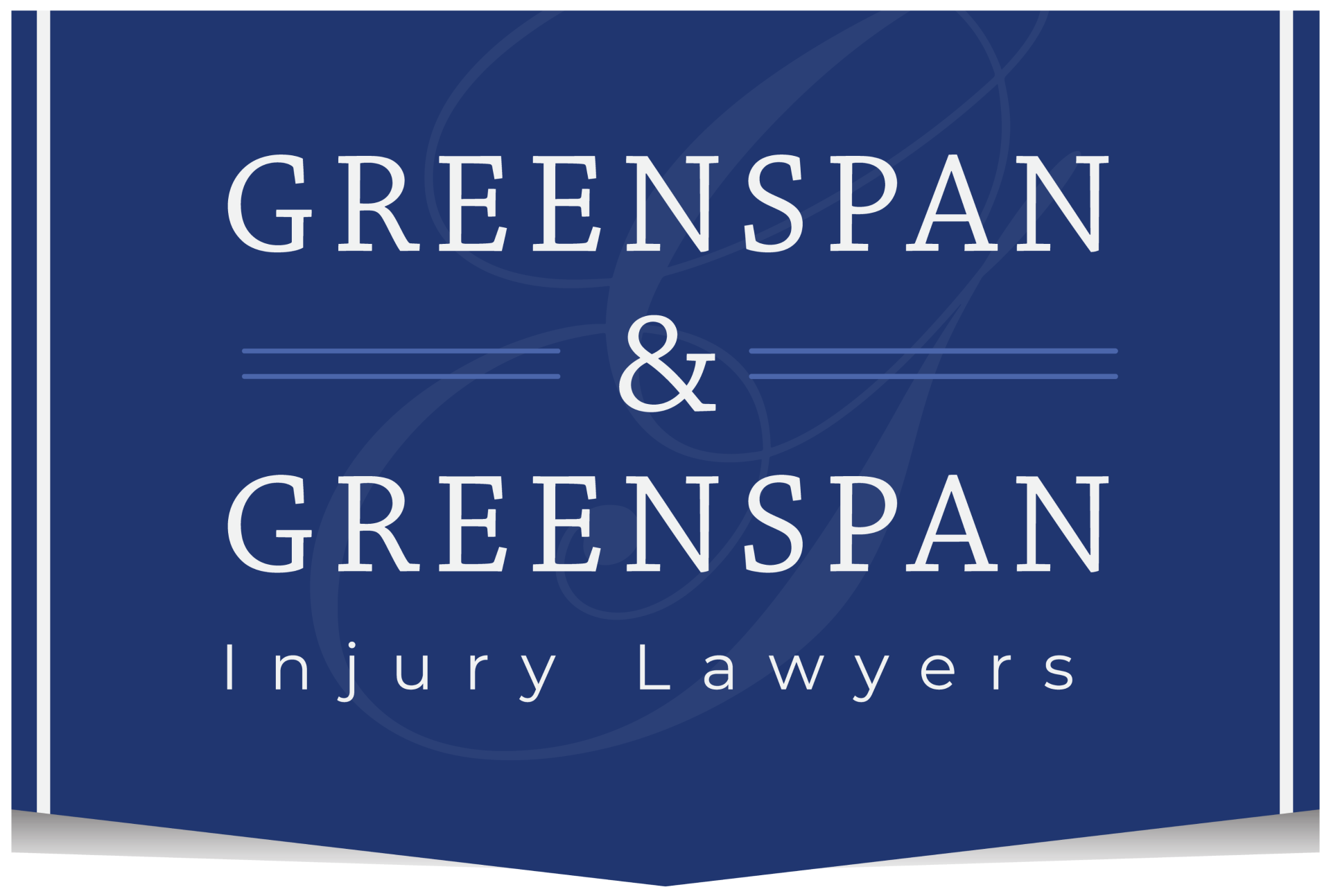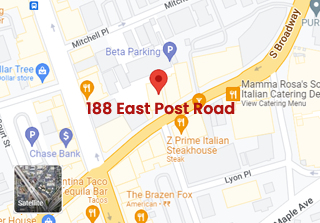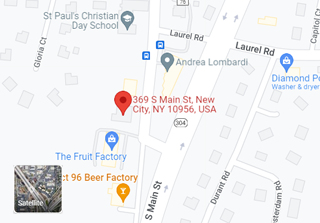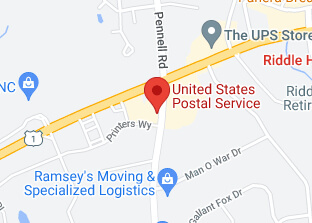Several drivers pulled over and subsequently arrested for driving while intoxicated on a service road connecting the Long Island Express to the Grand Central Parkway in Queens, New York, have recently had their cases thrown out.
The officers, who arrested hundreds of suspected drunk drivers on the service road in 2011, conducted what they termed “step out” surveillance, meaning they stood on the side of the service road and waited for passing cars. The officers claimed in court they looked for vehicle and traffic violations in passing cars–but several judges have disagreed, finding that the officers conducted an illegal sobriety checkpoint, making the evidence obtained by these stops inadmissible in court.
The latest dismissal came in March, when a Queens Criminal court judge ruled that the officers did not pull the suspect over for having an object hanging from a rearview mirror, as they claimed, but rather were conducting an illegal sobriety checkpoint. This was the fifth overturned case regarding an illegal checkpoint set up on one service road in the state since 2012.
DWI checkpoints closely monitored
New York police can conduct sobriety checkpoints, but must obey state and federal law when they do so. Checkpoints must obey specific guidelines, as U.S. citizens have the right to be free from unreasonable searches and seizures by law enforcement under the Fourth Amendment of the U.S. Constitution. Generally, a police officer must have probable cause that a driver is committing a crime in order to legally pull that driver over and make an arrest.
However, the U.S. Supreme Court has ruled that “sober checkpoints” are legal, even though they are an intrusion on individual liberties under the Fourth Amendment. In New York, courts have ruled that police can conduct weekly DWI checkpoints so long as:
- The reason for the checkpoint is clearly stated and published in advance.
- The checkpoint cannot intrude on motorists’ privacy to an “impermissible degree”
- The checkpoint must include safety precautions such as adequate lighting and fair warning of the existence of the checkpoint.
- Police cannot hold a driver at the checkpoint for an unreasonable amount of time.
- Police must use a predetermined, random formula when stopping cars.
- Supervisors must be present at the checkpoint and make decision regarding the checkpoint.
Arrested on suspicion of drunk driving?
DWI checkpoints are meant to provide safer roads for motorists and to curb intoxicated driving. However, police must obey all of a motorist’s rights when making an arrest on suspicion of DWI. A failure to do so makes any evidence obtained inadmissible in court. New Yorkers who have been arrested on suspicion of DWI should consult an experienced criminal defense attorney to discuss their legal rights and options moving forward.




